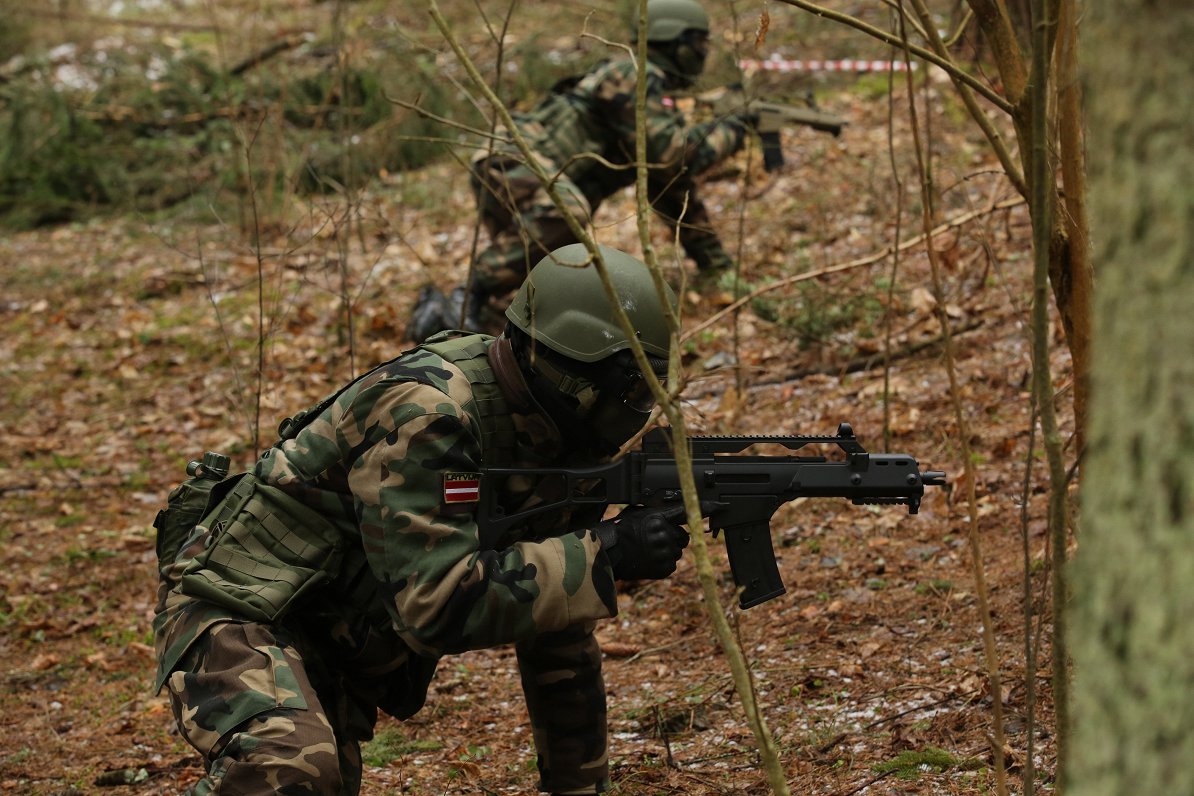This grant money covers 50% of costs for each project, which could be increased to 75% if the project progresses sufficiently.
The Ministry of Defense program awarded grants to Exonicus for the development of an emergency medical care virtual reality training simulator, Entangle for the development of a secure communications system prototype, Zemgales Remonta Centrs for the development of certified battle transport overhaul methodology, SRC Brasa for the development of unmanned land directional beacon systems, Kronis for the development, analysis and adaptation for industrial production of dry food rations for soldiers, as well as VAIROG EU for the development of certified battle munitions testing and quality control methodology.
“With the Defense Ministry support in the next year we'll be able to add four more trauma scenarios. It will also allow us to cooperate with the Rīga Stradiņš University Military Medicine Research and Study Centre and Medical Education Technology Centre to conduct validation studies and develop specifications for seven more scenarios,” said Exonicus CEO Jānis Kondrāts
This was the second such grant competition, and the ministry received 25 project applications from various sectors. They were evaluated based on: product use in the defense sector, overall ability to develop the project, product novelty, technological capacity, involvement of research institutions, as well as international competitiveness and influence on the applicants future business.
The grant project program is the first such support mechanism for development of the Latvian defense and security industries emphasizing the involvement of research institutions and taking into account business potential and potential military export products. National Armed Forces experts will consult the companies, promoting the development of innovative defense products. The first program handed out 50 000 euros in grants to six projects.
The United States Department of Defense has also taken an interest in Latvian technology. As previously reported, a United States Army medical facility is showcasing an innovative Latvian hi-tech product online.
As the U.S. Army’s second largest medical treatment facility and a state-of-the-art and technologically advanced medical center, Madigan is one of only two designated Level II trauma centers in Army Medicine, and in a Facebook post it is enthusing about a Latvian-developed product that allows army medics to practice their skills.
Captain Kyle Couperus, an emergency medicine physician enthuses about Latvian company Exonicus' virtual reality Trauma Simulator, saying: "This could have broad implications for military training around the world... medical simulation is a very powerful way to train people in how to take care of patients."





























